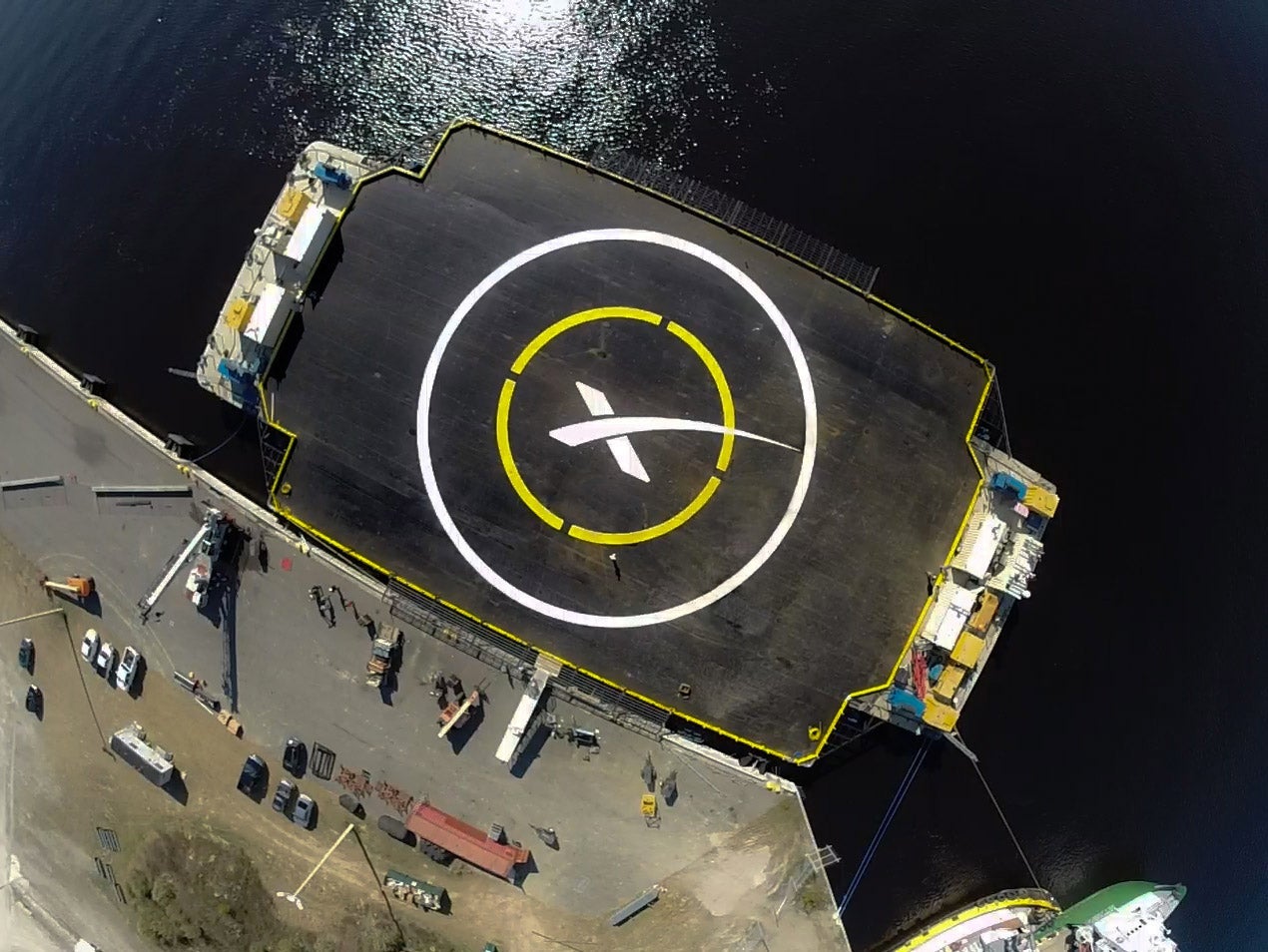
SpaceX is preparing for precision landing of Falcon 9 first stage for the first time on a custom-built ocean platform on its re-entry to Earth, as part of a commercial resupply mission to the International Space Station (ISS).
The company will attempt to recover the Falcon 9 first stage onto a floating sea barge in the Atlantic off the coast of Florida.
The components are usually destroyed during launch while they fall to earth.
To enable precision landing of the rocket, the company has installed four hypersonic grid fins in an X-wing configuration around the vehicle.
SpaceX earlier said: "The odds of success are not great, perhaps 50% at best.
"However, this test represents the first in a series of similar tests that will ultimately deliver a fully reusable Falcon 9 first stage.
How well do you really know your competitors?
Access the most comprehensive Company Profiles on the market, powered by GlobalData. Save hours of research. Gain competitive edge.

Thank you!
Your download email will arrive shortly
Not ready to buy yet? Download a free sample
We are confident about the unique quality of our Company Profiles. However, we want you to make the most beneficial decision for your business, so we offer a free sample that you can download by submitting the below form
By GlobalData"Though the probability of success on this test is low, we expect to gather critical data to support future landing testing."
If successful, the effort will make Falcon 9 the first fully and rapidly reusable rocket.
SpaceX mission assurance vice-president Hans Koenigsmann was quoted by BBC as saying: "There’s a certain likelihood that this will not work out all right, that something will go wrong.
"It’s the first time we have tried this, nobody has ever tried it as far as we know."
Earlier, the company landed its rockets on the water with an accuracy of within 10km but the latest attempt will require an accuracy of within 10m, reported CBCnews.
The autonomous spaceport drone ship, the 91m by 30m floating platform has wings that extend its width to around 52m.
Planned for lift-off from Launch Complex 40 at the Cape Canaveral Air Force Station, the Dragon cargo ship will transport around 1,700kg supplies to the ISS.
The launch was initially planned for 19 December. However, due to a technical issue in the engine, the flight was postponed.
Image: The autonomous spaceport drone ship to recover Falcon 9 first stage is placed in the Atlantic off the coast of Florida. Photo: courtesy of Space Exploration Technologies Corp.


